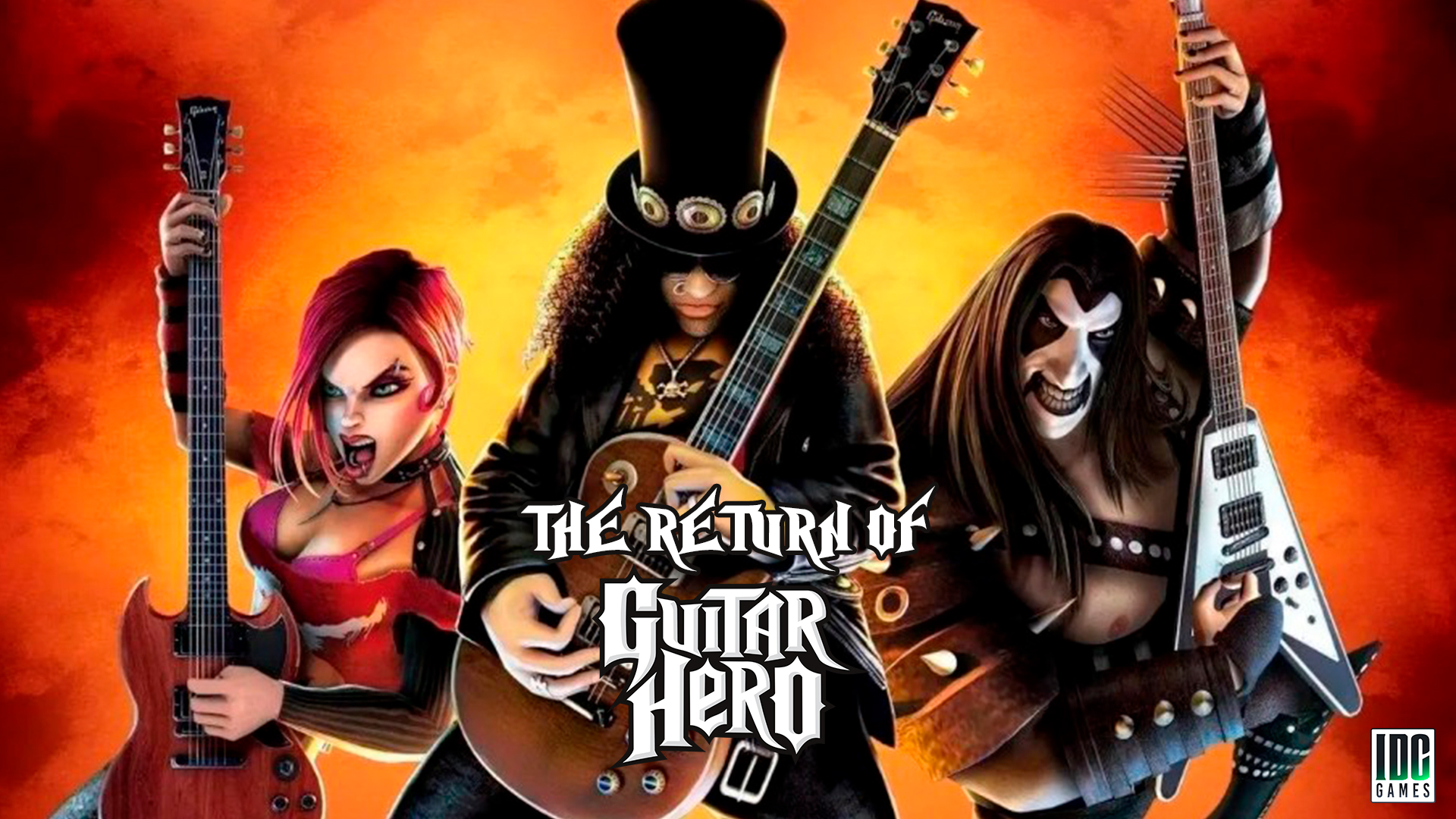The world of gaming was set ablaze when Microsoft announced its acquisition of Activision in a deal worth a staggering $68.7 billion. This colossal merger holds the potential to reshape the gaming landscape in numerous ways, but for fans of the iconic Guitar Hero franchise, it has raised a particularly intriguing question: Could this partnership be the catalyst for the long-anticipated return of Guitar Hero? In this blog post, we will explore the implications of the Microsoft-Activision deal and what it could mean for the revival of the beloved music rhythm game.
Guitar Hero’s Glory Days
Guitar Hero emerged in the mid-2000s and swiftly became a cultural phenomenon. Developed by Harmonix Music Systems and published by RedOctane, the game allowed players to step into the shoes of rockstars by using a guitar-shaped controller to play along with hit songs. The franchise spawned numerous sequels, spin-offs, and special editions, featuring a wide range of music genres that appealed to both casual and hardcore gamers.
The success of Guitar Hero was not solely due to its innovative gameplay but also its incredible soundtrack that spanned classic rock, metal, pop, and indie hits. Players could unleash their inner rock god, strumming and fretting their way through some of the greatest songs in history.
The Fall from Grace
Unfortunately, like many cultural phenomena, Guitar Hero’s star eventually dimmed. A combination of market saturation, a struggling economy, changing gaming trends, and criticisms of the franchise’s declining quality led to its discontinuation in 2011. It was a bittersweet farewell, as fans held onto their plastic guitars and cherished memories of their virtual rock ‘n’ roll adventures.
Microsoft’s Game-Changing Acquisition
Fast forward to 2022, and the gaming industry is in a state of upheaval. Microsoft’s acquisition of Activision has the potential to reshape the gaming landscape. With Activision’s vast portfolio of iconic franchises, including Call of Duty, World of Warcraft, and Tony Hawk’s Pro Skater, the deal marks a significant moment in gaming history.
Implications for Guitar Hero
While the main focus of the acquisition has centered around the implications for the popular franchises mentioned, the deal also opens the door for a possible revival of Guitar Hero. Here’s why:
- Nostalgia Meets Innovation: Nostalgia is a powerful force, and many gamers who enjoyed Guitar Hero in their youth are now adults with disposable income. A revival of the franchise, leveraging the latest gaming technology, could ignite a sense of nostalgia while providing innovative gameplay experiences.
- Vast Music Library: With access to a vast library of songs and licenses through the acquisition, Microsoft could easily curate a diverse and extensive setlist for a new Guitar Hero. Partnering with both established and emerging artists could bring contemporary hits into the mix.
- Advanced Technology: The gaming landscape has evolved since the last Guitar Hero was released. Modern consoles offer advanced graphics, online multiplayer capabilities, and new ways to enhance the gaming experience. A revamped Guitar Hero could harness these technologies to create a more immersive and engaging gameplay experience.
- Cross-Platform Play: One of the trends in gaming today is cross-platform play, which allows gamers on different systems to play together. This could make a new Guitar Hero more inclusive and extend its reach to a wider audience.
- Expanding the Fanbase: The gaming community has seen a resurgence of interest in rhythm games, as demonstrated by fan-made projects like “Clone Hero.” A revival and the return of Guitar Hero could capitalize on this resurgence and introduce the franchise to a new generation of gamers.
- Positive Reception of Remasters: The gaming industry has seen tremendous success with remasters of classic titles. Games like “Tony Hawk’s Pro Skater 1 + 2” and “Crash Bandicoot N. Sane Trilogy” have been well-received by both longtime fans and new players. A revitalized Guitar Hero could tap into this trend.
- The Halo Effect: As part of Microsoft, the Guitar Hero franchise could benefit from the “Halo effect,” a phenomenon where the success of one product positively influences the image and sales of other products. Being under the Microsoft umbrella could provide Guitar Hero with more resources and support.
Conclusion
The Microsoft-Activision deal is a game-changer in the gaming industry, and while much of the focus has been on the implications for existing franchises, it opens up exciting possibilities for the return of Guitar Hero. The combination of nostalgia, technology, vast music libraries, and the evolving gaming landscape creates a perfect storm for the franchise’s resurgence.
As gamers eagerly anticipate the news of any potential return, one thing is clear: the spirit of Guitar Hero lives on. The ability to transform players into rock legends, strumming to the rhythm of their favourite tunes, is a timeless experience that has left an indelible mark on gaming history. With the Microsoft-Activision deal as a potential catalyst, the stage is set for a triumphant return, and the audience is ready to rock once again.
